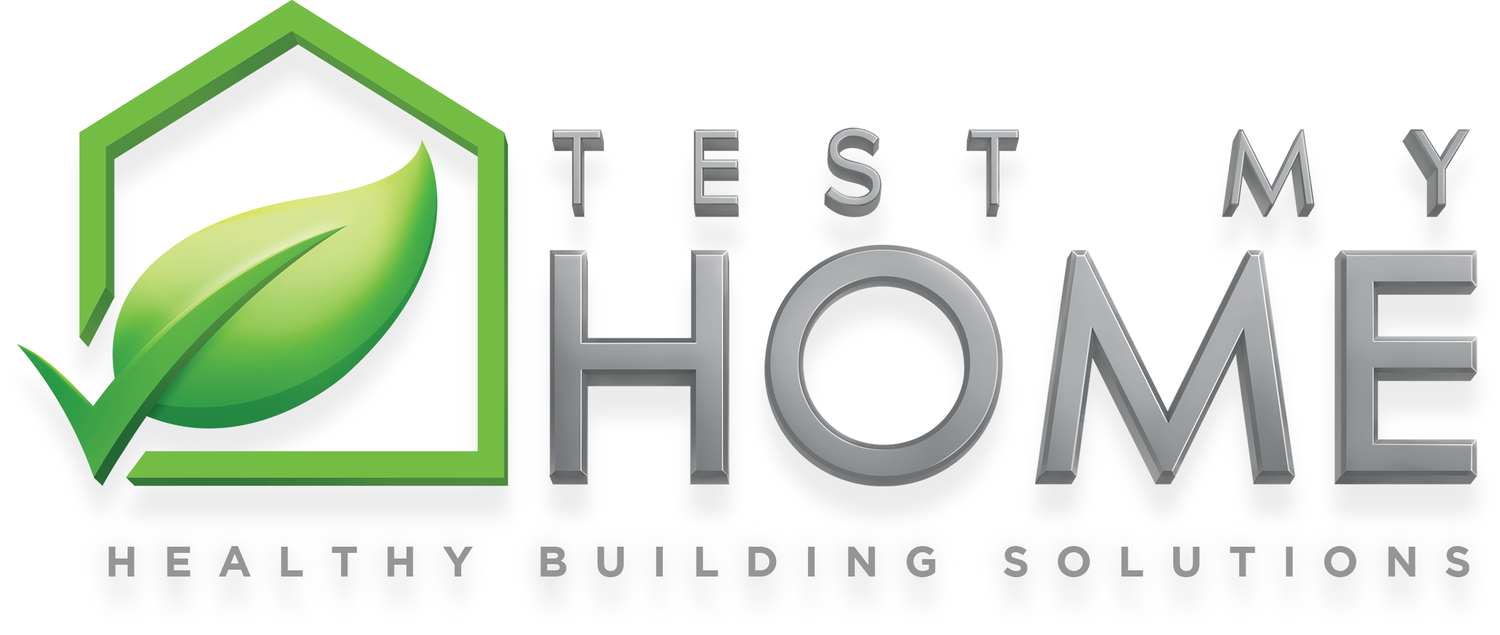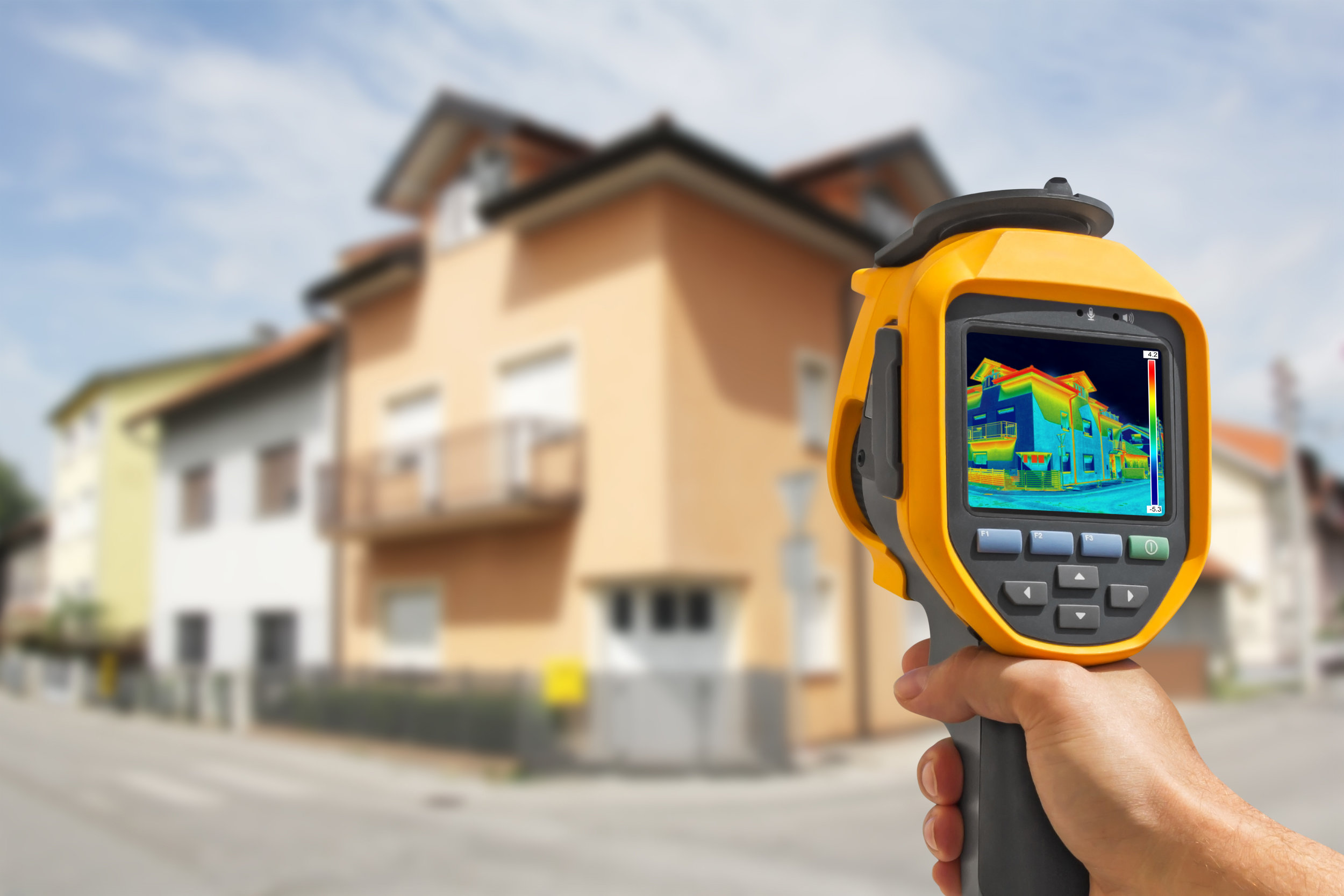Mold is usually found in damp places and can be identified by its greenish or black color. Mold inspections are conducted to detect any hidden mold that might not be visible from just looking around. On the other hand, testing involves taking samples of potential source materials for testing at a lab to determine if they contain mold spores or toxins.
Mold inspection and testing help prevent health consequences such as respiratory issues, skin irritation due to allergies caused by exposure to allergens like dust mites (mite-borne asthma), sensitization reactions after repeated exposures in allergic individuals who have never been exposed before; lymphocytic colitis, which may cause inflammation of the colon lining.
When do you need a mold inspector?
When mold proliferates in your home, it starts to affect the quality of air and make people sick. When do you need a professional inspector? When there's an urgent problem with mushrooms, molds, or other fungi growing at such high levels, they vent toxic spores into the surrounding vicinity.
When mold is found in your home or business, it can be a difficult and expensive problem to solve. When examining an area of concern for the presence of mold contamination, sure signs indicate whether or not you need a professional inspection by a qualified inspector such as Mold Inspectors Etc. These include discoloration on surfaces; water stains with odd-shaped borders (often called "tide lines"); musty odor near leaky pipes, visible residue after cleaning up recent spills from hard-to-reach areas like high shelves/ceilings; and recurring respiratory problems (such as asthma).
You may need a mold inspector when you have any of the following signs:
The house has an unusual musty smell or is damp to the touch. A commonplace for black molds to grow in houses are bathrooms with water leaks from faulty pipes or fixtures; kitchens where food spills down into leakages on walls behind stovetops; basement areas that frequently flood due to plumbing malfunctioning during heavy rains storms (especially if it hasn't been adequately fixed); basements which fill up quickly because they lack windows letting air flow through them naturally as well as drywall not sealed at floor level creating condensation below ground levels wherein moisture can accumulate etcetera... These are just some examples, but there exist many more instances. If any of these indicators seem present at your property, contact one of our certified inspectors today.
Why Choose Us
Mold is a potentially dangerous allergen that can trigger allergic reactions and even severe mold illness. We specialize in detecting hidden water leaks behind walls or under the floor, breeding grounds for black mold growth.
Mold inspection services help you to identify these potential risks before they have an opportunity to harm by causing health concerns like asthma or allergies; damage from floods, fire suppression, earthquakes, and more; structural weaknesses leading to injuries such as falls through floors of unsecured sheetrock attached with staples alone; reduced property value due to public perception of contamination among other consequences.
We are the best in town for mold inspection and testing because of our extensive experience, state-of-the-art equipment, and competitive prices. Why would you want to go anywhere else? Contact us now.





